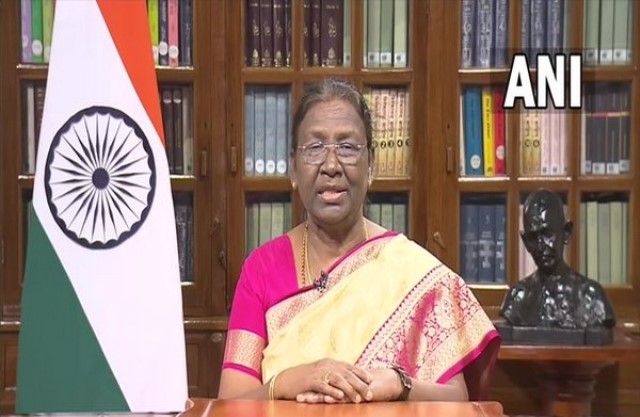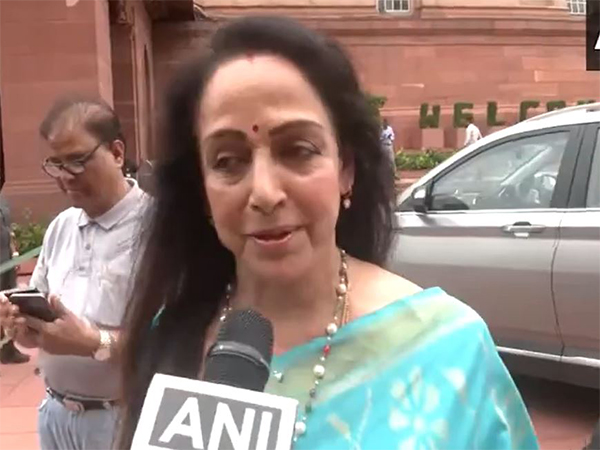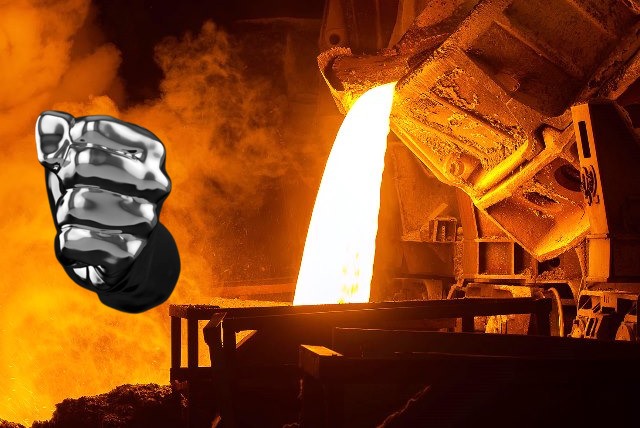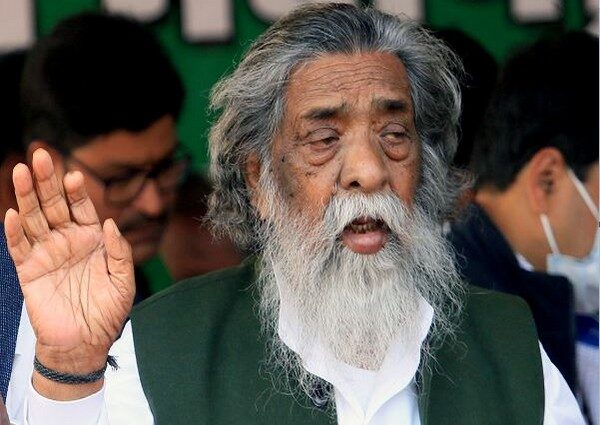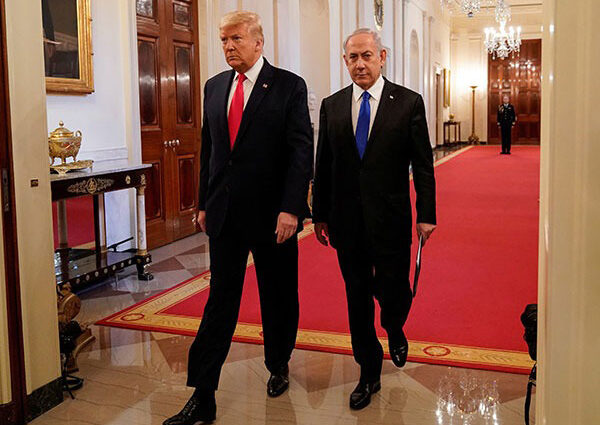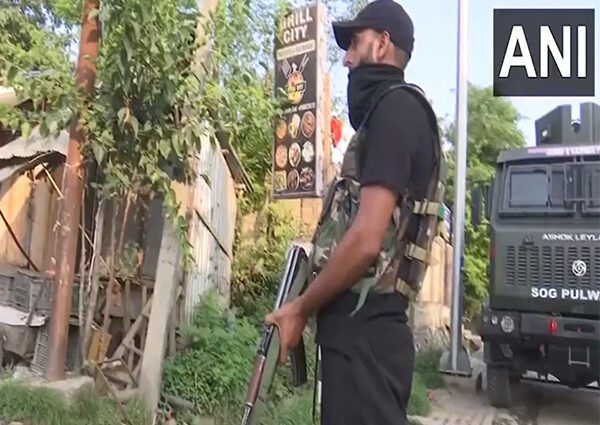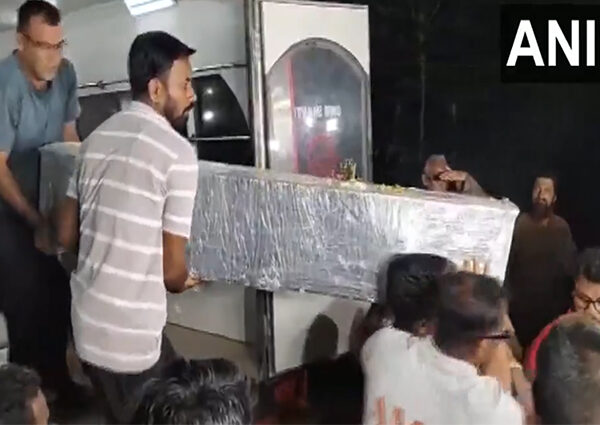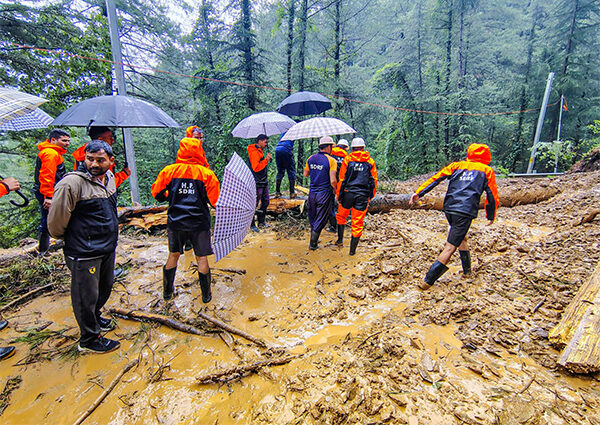President Droupadi Murmu on Monday visited Sir Ganga Ram Hospital in the national capital following the demise of former Jharkhand Chief Minister and Jharkhand Mukti Morcha (JMM) patron Shibu Soren, who passed away earlier in the day after a prolonged illness.
Earlier in the day, President Murmu described Soren’s passing as a significant loss in the sphere of social justice.
In a post on X, Murmu wrote, “The demise of Shri Shibu Soren Ji is a big loss in the space of social justice. He championed the cause of tribal identity and the formation of the state of Jharkhand. Besides his work at the grassroots, he also contributed as the Chief Minister of Jharkhand, as a Union Minister and as a Member of Parliament. His emphasis on the welfare of the people, especially the tribal communities, will always be remembered. I extend my deepest condolences to his son and Chief Minister of Jharkhand Shri Hemant Soren Ji, other family members and admirers.”
Prime Minister Narendra Modi paid his last respects to former Jharkhand Chief Minister and Jharkhand Mukti Morcha (JMM) founder patron Shibu Soren, who passed away in the national capital this morning.
PM Modi visited the Sir Ganga Hospital, where the former Jharkhand leader was hospitalised.
“Went to Sir Ganga Ram Hospital to pay homage to Shri Shibu Soren Ji. Also met his family. My thoughts are with Hemant Ji, Kalpana Ji and the admirers of Shri Shibu Soren Ji” the Prime Minister said a social media post on X.
He also posted pictures from the hospital, including one in which he can be seen consoling a grieving Hemant Soren.
In a previous post, PM Modi described Shibu Soren as “a grassroots leader who rose through the ranks of public life with unwavering dedication to the people.”
“He was particularly passionate about empowering tribal communities, the poor and downtrodden. Pained by his passing away. My thoughts are with his family and admirers. Spoke to Jharkhand CM Shri Hemant Soren Ji and expressed condolences. Om Shanti,” the Prime Minister said.
Shibu Soren’s son and Jharkhand Chief Minister Hemant Soren today announced the demise through the social media platform X.
The Monsoon Session of the Jharkhand Assembly was adjourned sine die today following the JMM founder’s demise, Speaker Rabindra Nath Mahato announced. The Assembly session commenced on Friday, August 1.
The Jharkhand government declared a three-day state mourning starting Monday.
Former Chief Minister of Jharkhand and leader of Jharkhand Mukti Morcha leader Shibu Soren passed away after a prolonged illness at the age of 81 on Monday morning in New Delhi.
Shibu Soren led the Jharkhand Mukti Morcha for 38 years and is known as the founding patron of the party. He served thrice as CM of Jharkhand in 2005, 2008-2009, and 2009-2010.
Popularly addressed as “Dishom Guru,” he cofounded Jharkhand Mukti Morcha with A.K. Roy and Binod Bihari Mahato and led the movement demanding a separate Jharkhand state. His dreams of a separate identity for the Jharkhand people came in fruition in 2000.
Over a four-decade career in politics, Soren was elected to the Lok Sabha eight times and served as a Rajya Sabha MP for two terms. (ANI)
